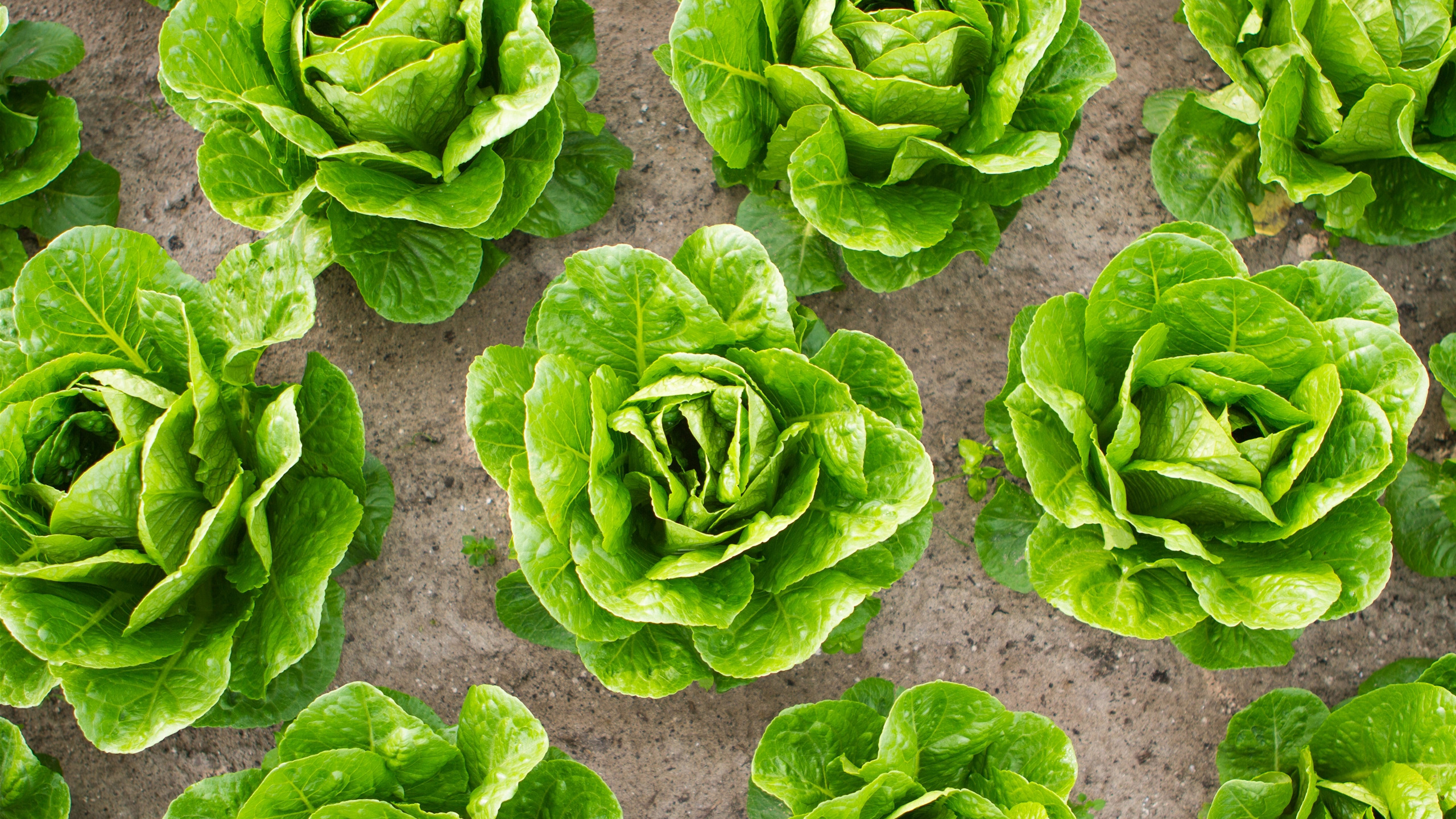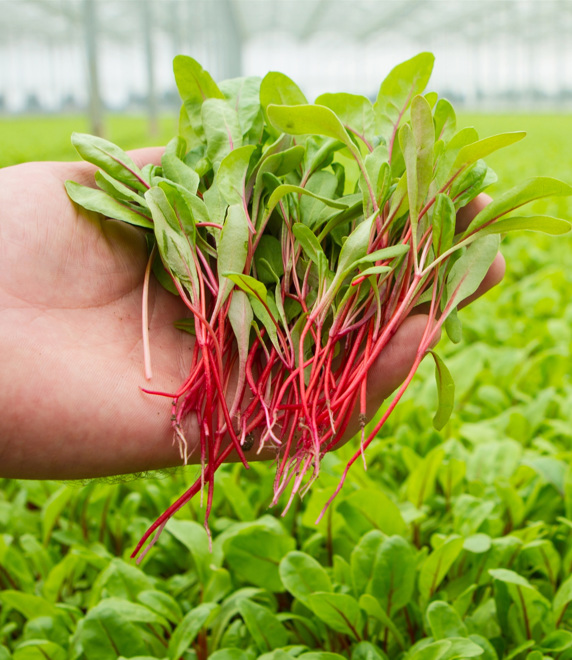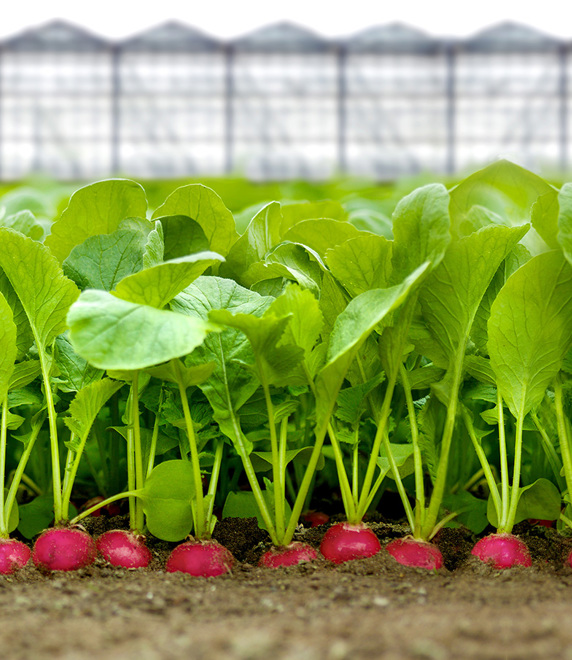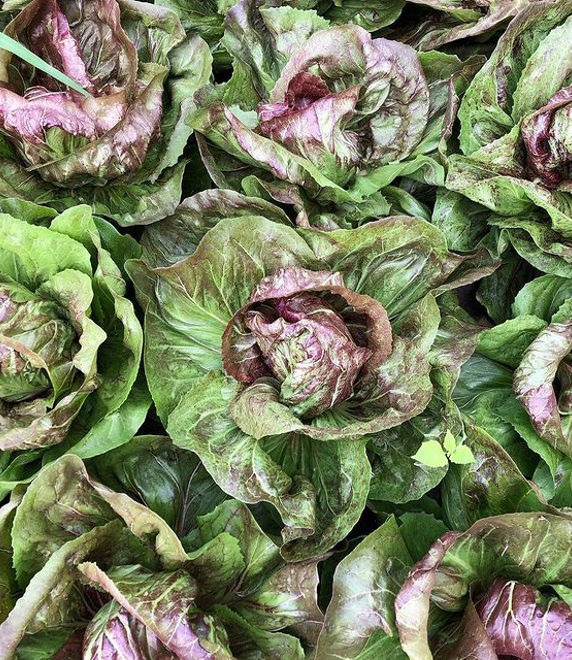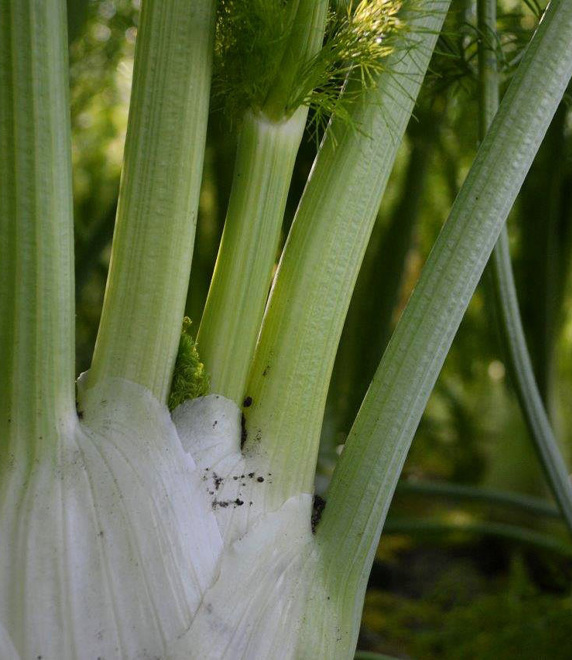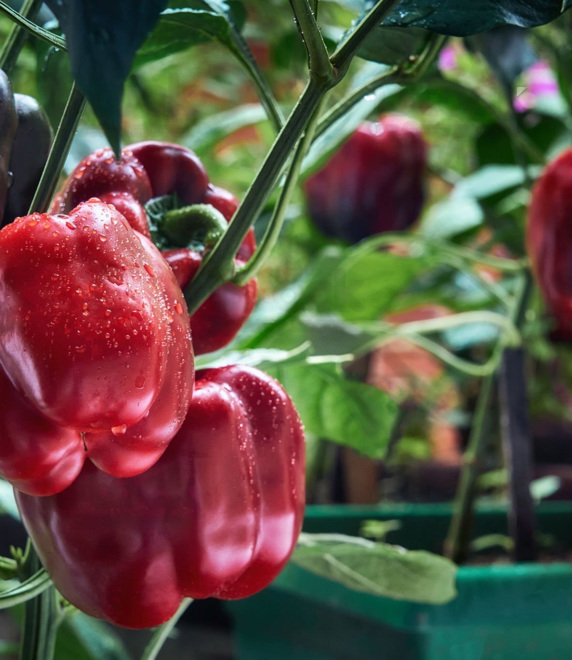Bij Versland werken we intensief samen met een breed netwerk van diverse telers. Met trots verzorgen wij voor telers de afzet van hun groenteproducten. Wij beleveren jaarrond, op dagbasis én op programma, aan de verwerkende industrie, gastronomische groothandel, exporteur en retail.
Van grond tot mond
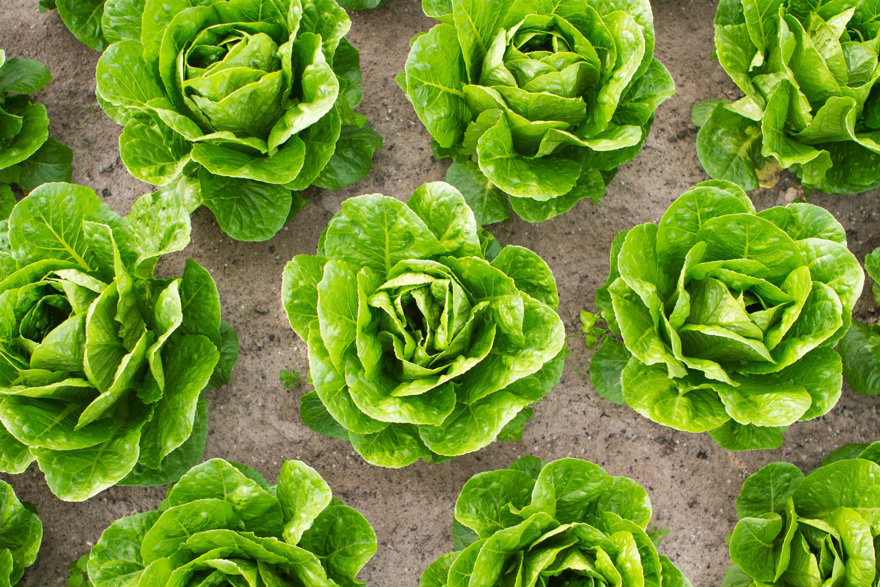
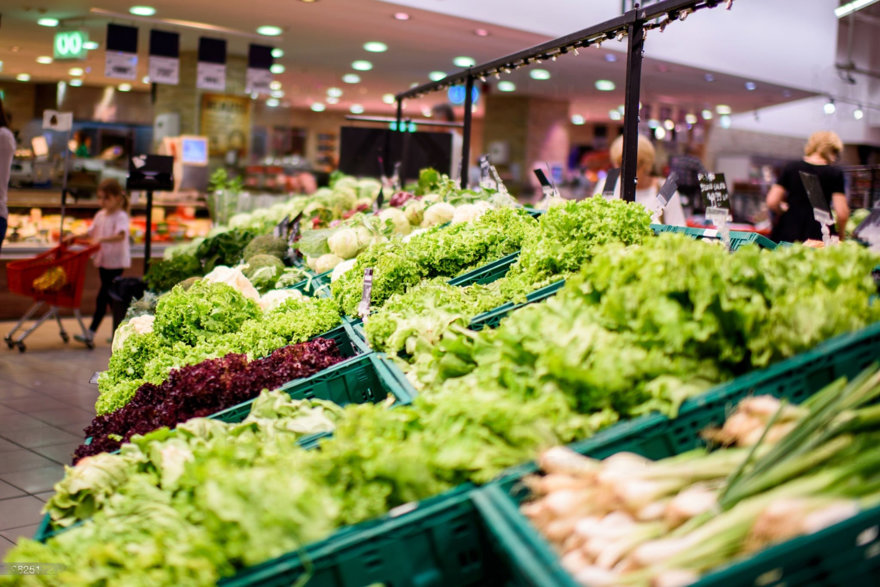
Daarom kiest u voor Versland!
Op zoek naar een betrouwbare partner in vers? Bij Versland bent u aan het goede adres, onze ervaren specialisten vertellen u graag over onze mooie producten. Wij bieden u graag op basis van uw wensen en behoeften speciaal geselecteerde groenten aan.
Jaarrond levering
Bent u op zoek naar een leverancier die u jaarrond ontzorgt op het gebied van groenten? Versland biedt u jaarrond een breed assortiment aan dagverse groenten.
Altijd dagvers product
365 dagen per jaar verzorgen onze telers de mooiste, dagverse producten van de beste kwaliteit tegen een marktconforme prijs.
Topkwaliteit & maximale service
Bij Versland zorgen wij er samen met onze 100 telers voor dat wij kwalitatief de beste producten kunnen bieden en zoeken wij samen naar de best mogelijke service voor onze afnemers.
Telen op recept, maatwerk
Op zoek naar een specifiek product voor een specieke periode? Samen met onze telers leveren we maatwerk, telen we op programma en bieden zo klantgerichte oplossingen op basis van uw behoefte. Versland doet nét dat stapje meer om u volledig te ontzorgen, direct van de bron!
Ook voor de verwerkende industrie
Wij bieden de verwerkende industrie jaarrond oplossingen voor hun behoefte op gebied van groenten. Met zorg voor u geteeld volgens de hoogste kwaliteitsnormen en volledig gecertificeerd volgens de laatste richtlijnen. Speciaal voor u geselecteerd, ready-to-use in uw fabriek, zodat u zich kunt focussen op uw productieproces.
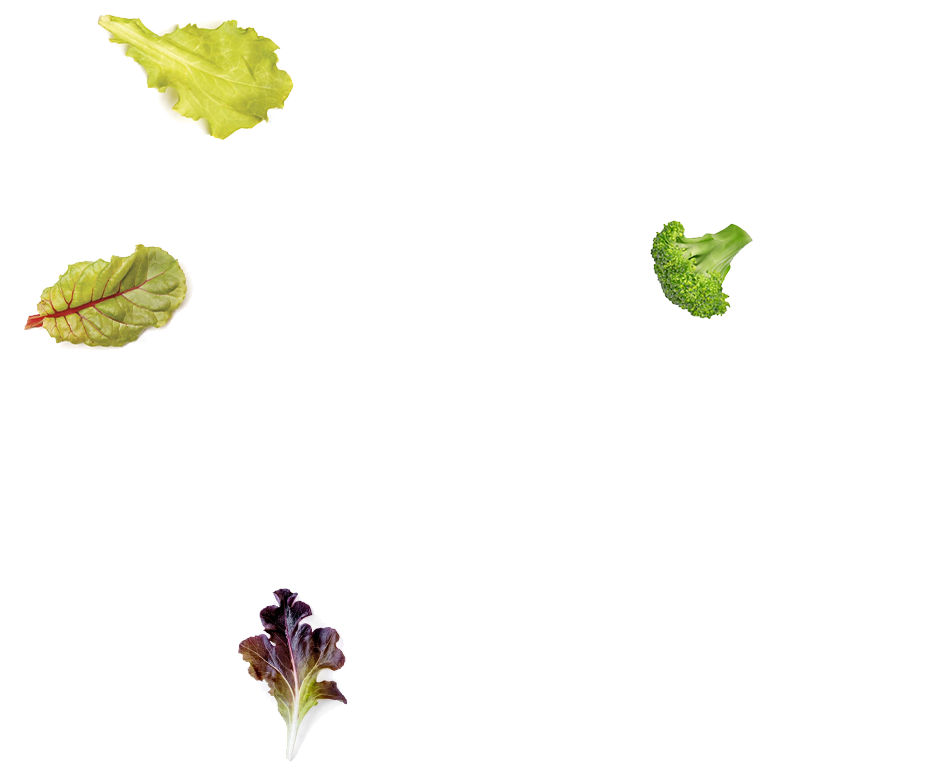
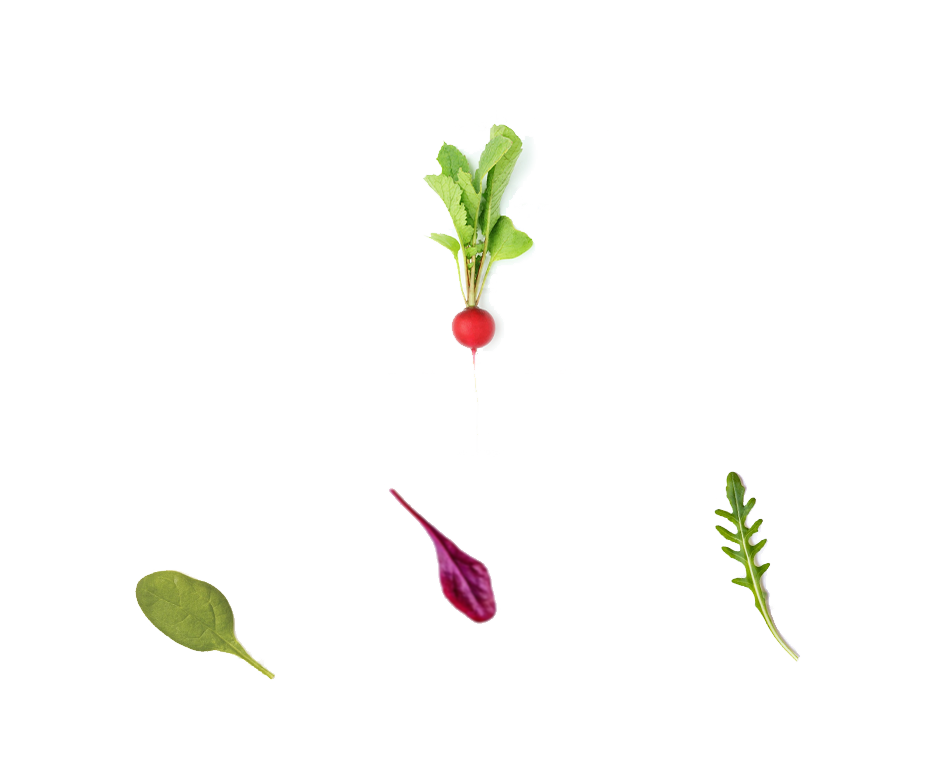

Wij zijn Versland
Een traditionele groothandel in dagverse groenten, met beide benen (in) op de grond! Onze proactieve houding met betrekking tot innovatie op het gebied van teeltwijzen en groentesoorten zorgen ervoor dat we een vooruitstrevend partner zijn in vers!
De continue focus op kwaliteit en maximale service passen bij onze kernwaarden.
Benieuwd naar onze persoonlijke klantvriendelijke benadering? Wij maken graag kennis met u!
100
12.000 m2
3.000+

